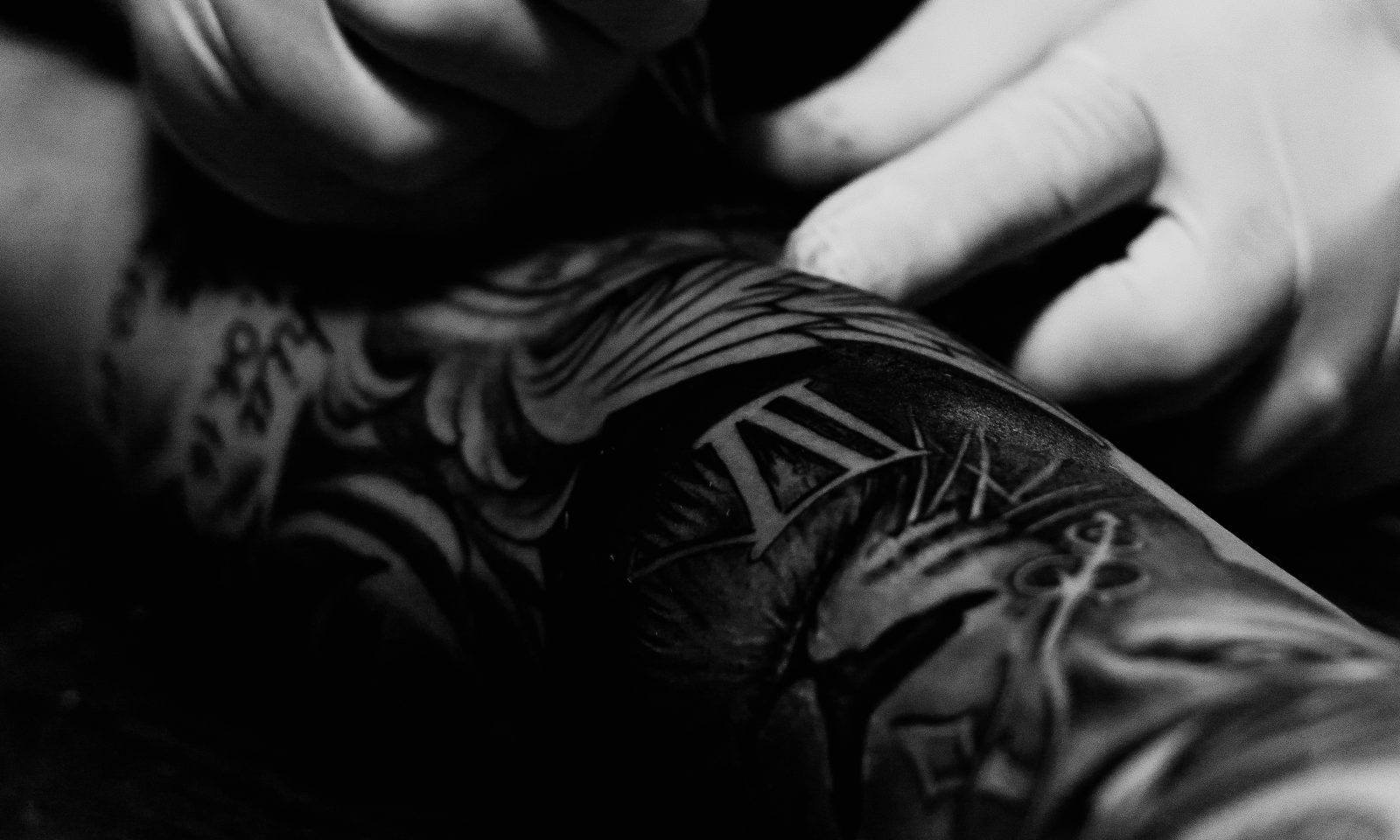Copyright in unconventional art work
Solving copyright related issues is oftentimes challenging already when dealing with the so-called traditional works, such as paintings, written works or musical works. Hence, determining copyright can be even harder in the case of unconventional works, where the work is placed on somebody else’s buidling (e.g. grafitti) or even somebody else’s skin, as is the case with tattoos.
Who owns the copyright on a tattoo that was put into a client’s skin by the tattoo artist? What if the tattoo artist copied the tattoo off of a preexisting work? Is it possible, in the cases of copyright infringement, to demand and achieve the removal of someone else’s tattoo? Timotej Kotnik Jesih addressed these and other questions in his article titled “Unconventional artwork and copyright – is my tattoo really mine?”, published in Pravna praksa magazine on 18 June 2020 (pp. 24-26).
You can read the whole article (in Slovene) here.
The Grand Board of the European Union Intellectual Property Office (EUIPO) finally ruled that the figurative sign ‘COVIDIOT’ cannot be registered as an EU trademark.
The 4th Open Knowledge Day took place on Tuesday 17 October 2023, with an accompanying workshop on 18 October 2023. This year it was organised by the Open Data and Intellectual Property Institute (ODIPI) and supported by Knowledge Rights 21 (KR21).
We invite you to the fourth Open Knowledge Day and the workshop, which will take place this year within the framework of the programme and with the support of Knowledge Rights 21. The event will bring together experts from different European countries to discuss two topics: the first part will deal with the legal basis for data analytics, which is a key part of machine learning and related artificial intelligence, and the general exception for research. In the second part, open science in theory and practice will be presented both in Slovenia and in some Western Balkan countries. Representatives of research and educational institutions from Slovenia and the Western Balkan countries, as well as interested members of the public, are invited to attend.
Dr. Maja Bogataj Jančič, a renowned expert in copyright law, has joined the Berkman Klein Center for Internet & Society at Harvard University, where she will serve as an affiliate researcher for the next two years.





